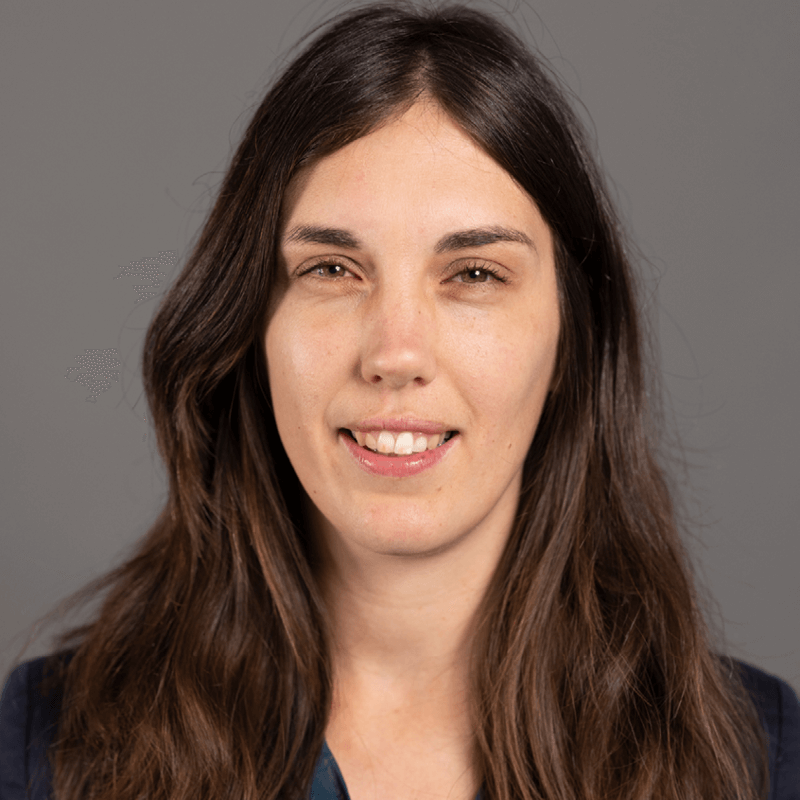Explore the Salzburg Parliament virtually
3D tours of historical buildings, virtual and interactive 360-degree tours of museums – even in the Corona crisis, buildings of all kinds can be experienced immersively. But virtual tours were already a big trend before Corona, as they are suitable for many different fields: for the real estate sector to show customers objects virtually, for tourism to give guests impressions of hotels before booking, and for the edtech sector so that visitors of museums or historical buildings can admire the exhibits or the architecture. Users can navigate through highlights in the building, such as works of art or architectural features, which are marked with additional multimedia content, such as videos. This combination of buildings with digital content makes the tours an interactive, exciting experience.
Someone who recognised the potential of virtual tours even before the Corona-crisis, is Niklas Knapp. The FH Kufstein graduate in Facility Management & Real Estate Management founded Virtual Real Estate Knapp GmbH in 2019 with the idea of offering virtual tours for the real estate industry and tourism. He creates digital twins of buildings and thus makes them virtually experienceable.
Virtual tour makes you want more
Other sectors soon followed: Arts and culture, retail, property developers and a few more. Niklas has therefore grown into many areas. “The virtual presentation of buildings has become more important in many industries. It can’t replace an on-site experience, of course, but it can whet the appetite for a visit to a building, shop, hotel or museum,” Niklas says of his virtual tours.
Online visit to the Salzburg Parliament
Recently, he completed a special project in the EdTech sector with the Salzburg Parliament. Interested parties can now visit the Salzburger Landtag with a virtual tour. For this purpose, a 360-degree image was created at about 600 image viewpoints so that all the rooms of the Landtag can be experienced virtually. You can look around freely in the Landtag and, for example, explore the plenary hall. Throughout the Landtag, there are important highlight points that can be clicked on by users and thus provided with further information on the history of the Landtag, the works of art and much more. The various parliamentary party leaders, the President of the Parliament and the Parliamentary Director also introduce themselves in a video.

The Salzburg Parliament, which is digitally accessible to everyone, can also be visited virtually by schoolchildren, for example, who learn about regional politics in the process. They can explore the Salzburg Parliament on their own via computer or smartphone and find out about the history of the Parliament, information on politics and works of art in the Parliament. Information can be found, for example, in a video by the President of the Parliament, Brigitta Pallauf, or in the artwork of the Pinzgau cow in the plenary hall.
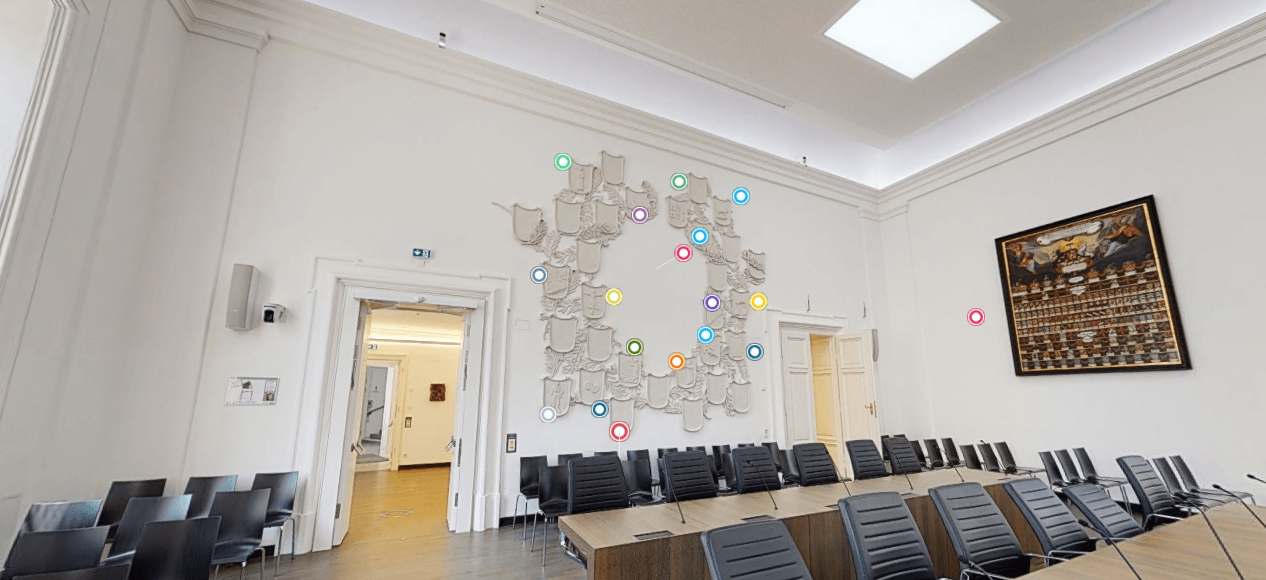
Making politics accessible
Niklas is passionate about the project. “It has taught me so much myself – where do the clubs sit, what is the history of the Chamber? Politics has become much more accessible to me as a result. The pupils should also experience this in the virtual tour.”
The Salzburg Parliament is not the first EdTech project he has carried out with his Virtual Tours. For example, he has realised 360-degree tours of the Samplhaus in Bramberg. The Samplhaus is a centuries-old building (built around 1500!), which was also awarded the Folk Culture Prize in 2017. The tour and numerous videos provide information about the history of the house, about earlier ways of life and the folk culture in Pinzgau. In any case, the potential for EdTech is still very high, whether for political or cultural education. “It makes it possible to explore public buildings in a fun way and thus learn in a playful way,” Niklas is convinced.
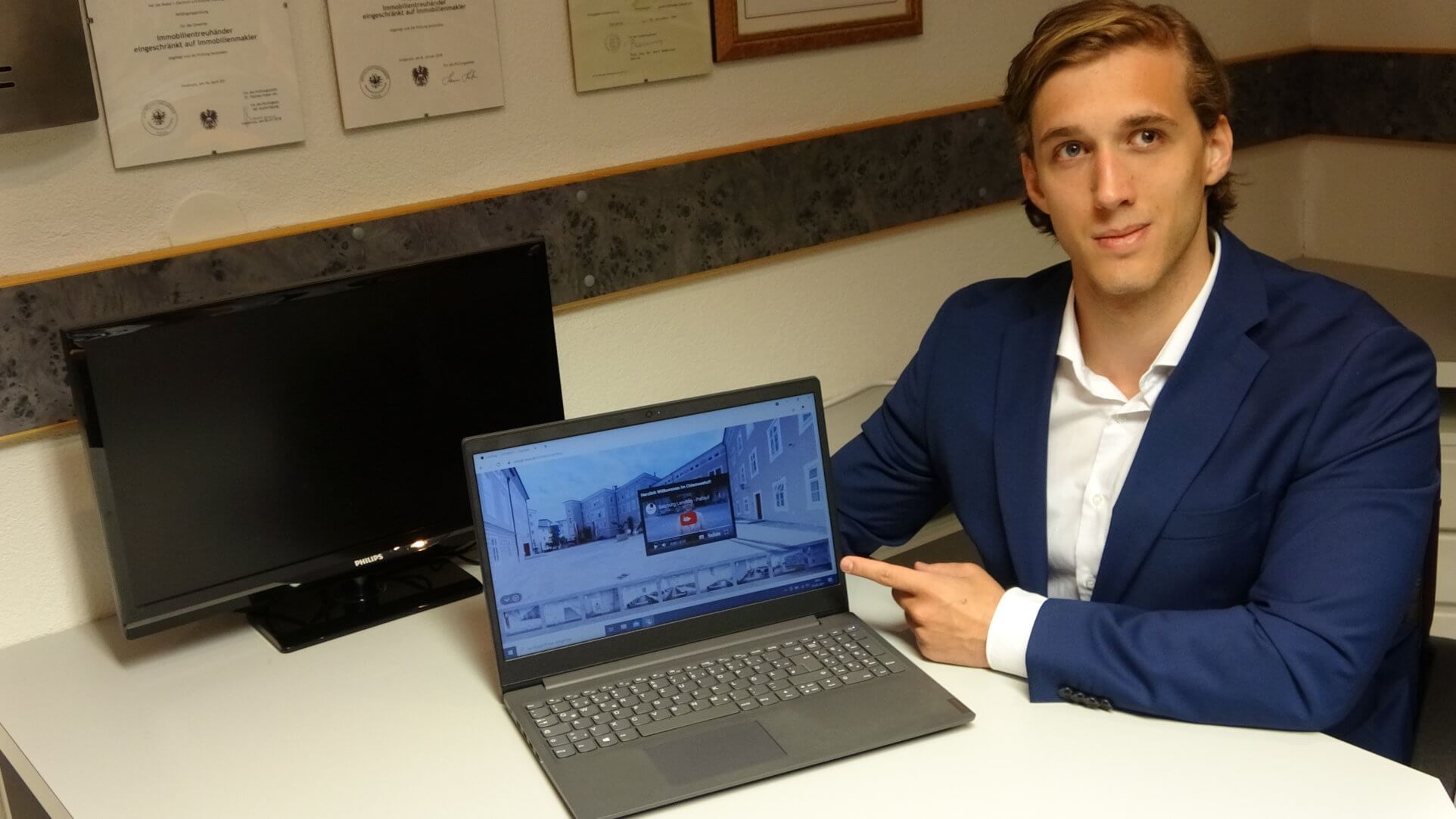
We asked Niklas Knapp
You have an insight into many different sectors. What can the real estate sector, tourism and the education sector learn from each other in terms of digitalisation?
Marketing in the real estate industry has changed a lot in recent years. As the saying goes: “location, location, location”. 360-degree photos and tours of buildings (even those that do not yet exist) therefore make a lot of sense in the real estate industry, people have already realised that. Hoteliers are also very innovative and want to try out a lot.
I am very happy to see that the education sector is also opening up to digitalisation in the Corona crisis and dares to try new things. Because here, too, digitalisation is the future. The feedback from teachers for our EdTech projects is positive, because the virtual tours allow children to explore buildings very freely and learn through play.
What added value would you like to see from initiatives like EdTech Austria?
Networking with many other people interested in EdTech is important to me. At the first networking event of EdTech Austria, I already got to know many other providers. It is fascinating how many different EdTech fields there are.
Why is the virtual tour of the Salzburg Parliament such a project close to your heart?
During the creation of the virtual tour, I learned a lot about politics and also about Salzburg’s politicians. As a citizen, the Landtag was far away for me. The virtual experience of the Landtag brings politics closer to the people and makes it more transparent. It creates human proximity, you learn where the responsible people work and where they make decisions for Salzburg. That’s something different than when I only know politics from television.
As a pupil, I would have liked to have such opportunities, for example, to visit a museum in Vienna virtually for history lessons. I come from Krimml (a small town in the countryside of Salzburg), where you didn’t often get to go to Vienna or to the Salzburg Parliament – that opens up new possibilities for schools today.
More articles
The following articles might also interest you.
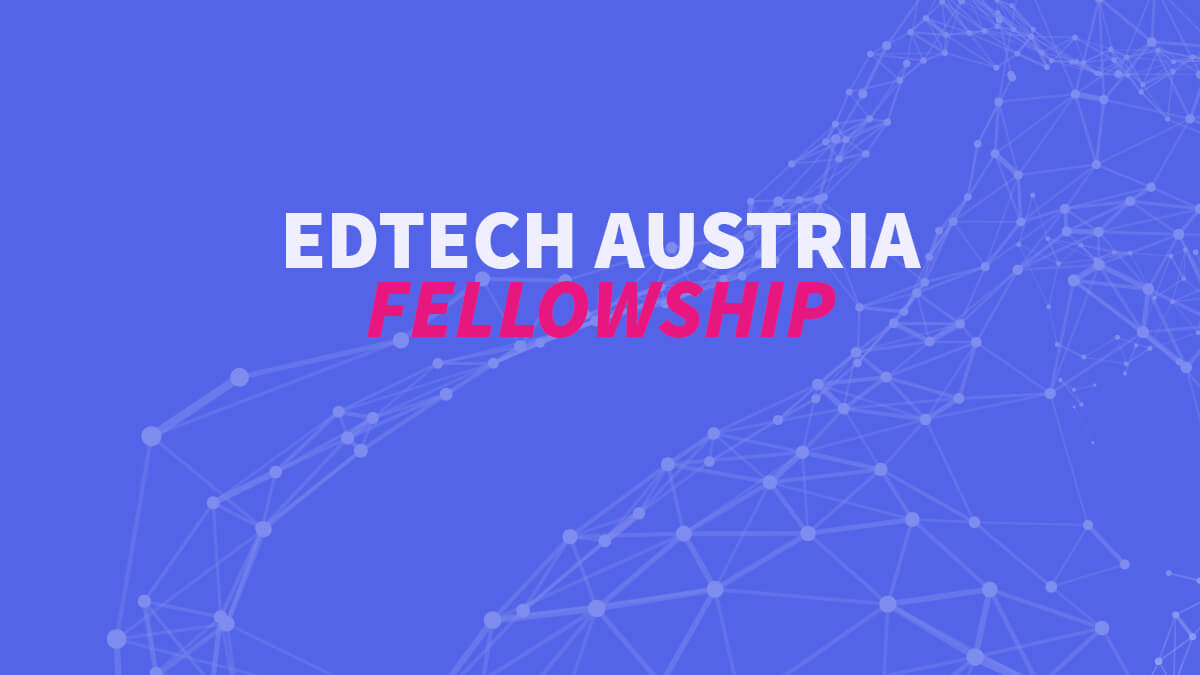
EdTech Austria Fellowship
24. October 2024
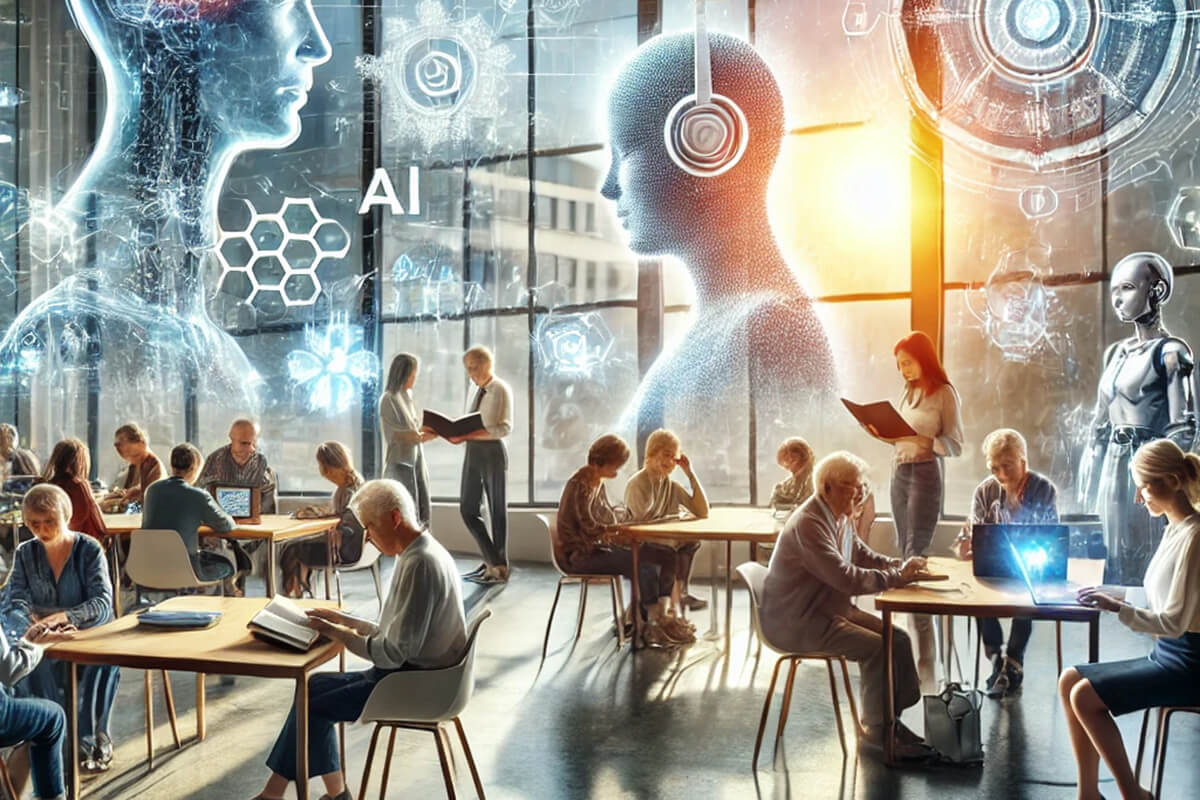
Lifelong Learning in Transition: Opportunities and Challenges of AI
17. January 2025
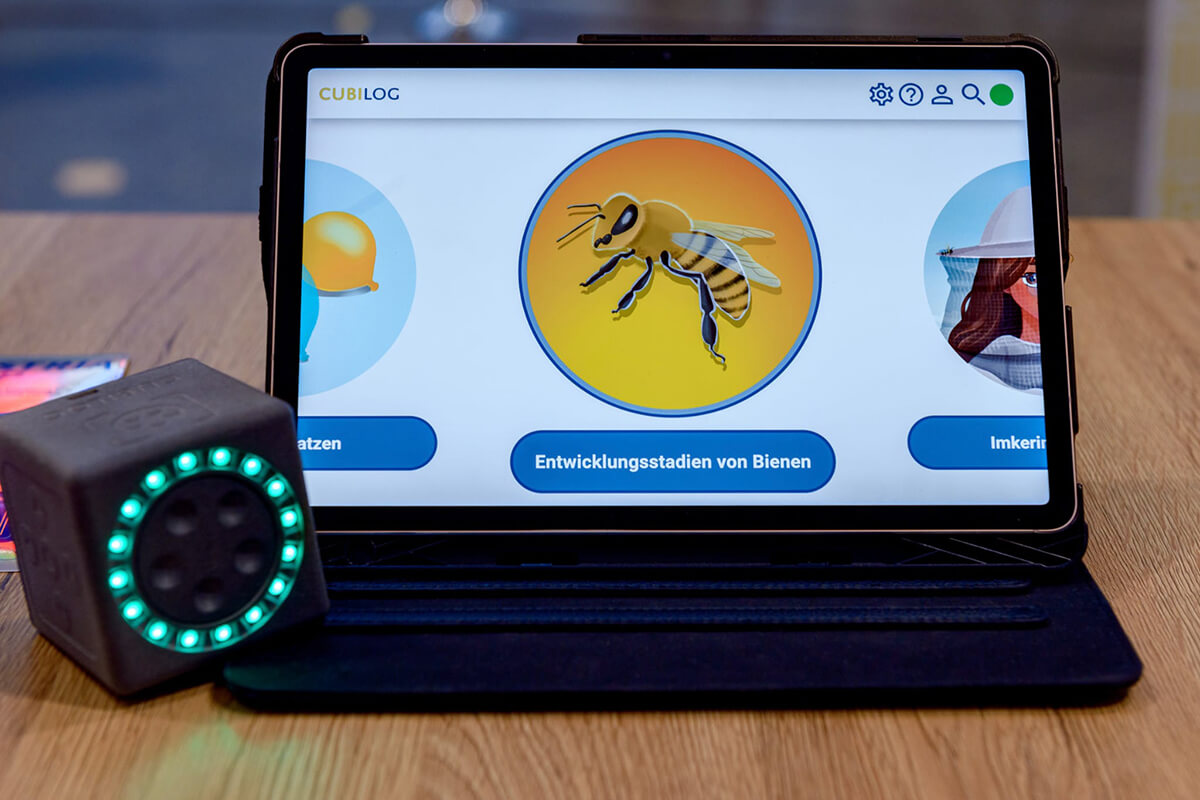
Motor and digital: Cubilog reimagines language development
16. December 2024
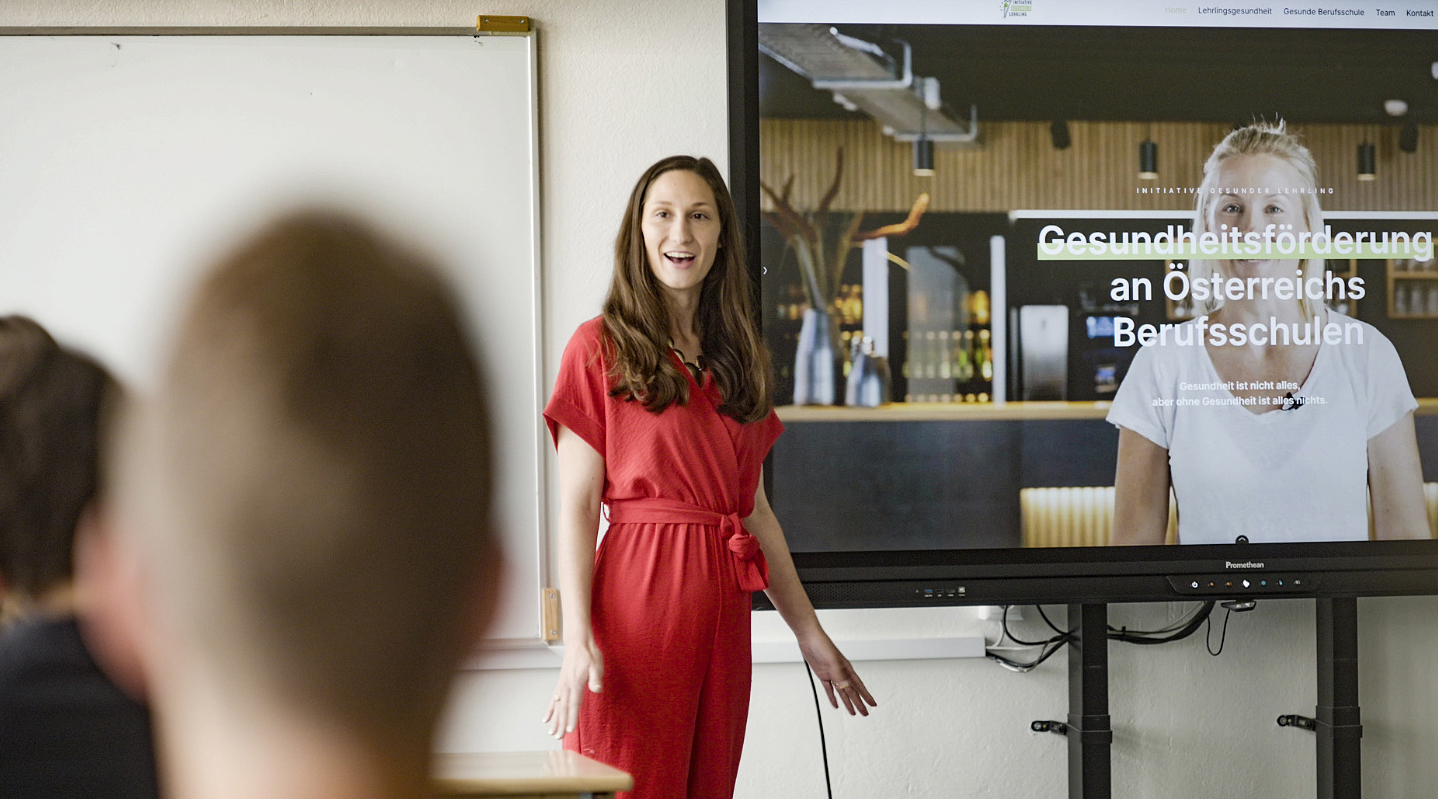
“Healthy Apprentice”: Health Literacy for Vocational Schools
28. November 2024
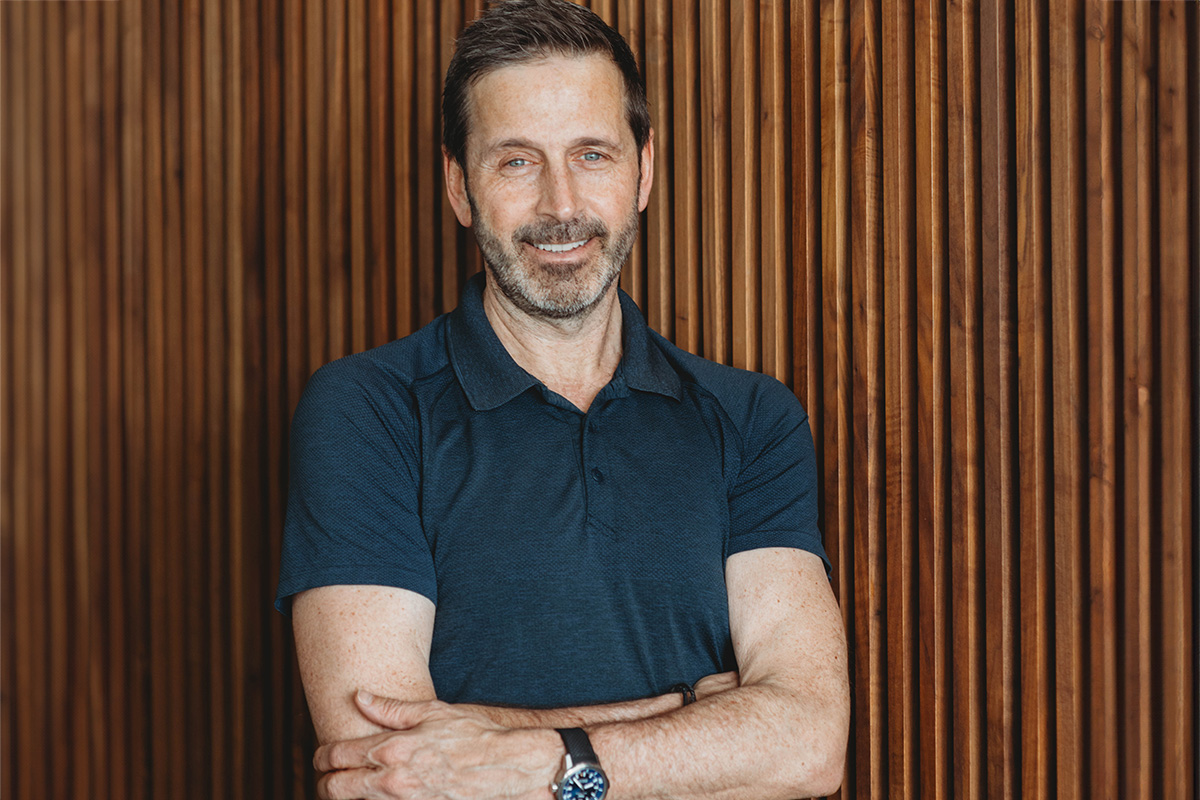
Good Days, Bad Days: “Upstrive” Captures Mental Health
15. November 2024
